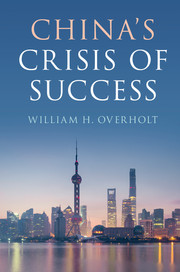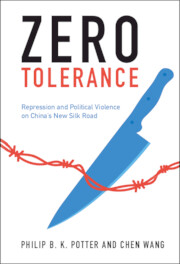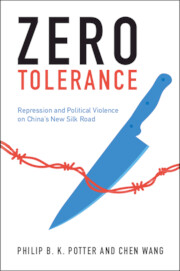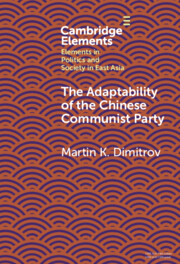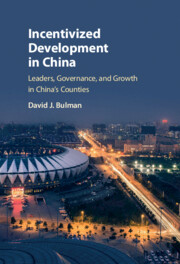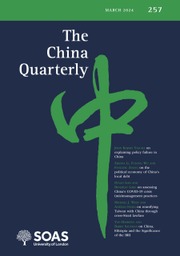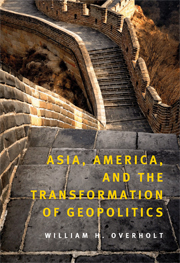China's Crisis of Success
China's Crisis of Success provides new perspectives on China's rise to superpower status, showing that China has reached a threshold where success has eliminated the conditions that enabled miraculous growth. Continued success requires re-invention of its economy and politics. The old economic strategy based on exports and infrastructure now piles up debt without producing sustainable economic growth, and Chinese society now resists the disruptive change that enabled earlier reforms. While China's leadership has produced a strategy for successful economic transition, it is struggling to manage the politics of implementing that strategy. After analysing the economics of growth, William H. Overholt explores critical social issues of the transition, notably inequality, corruption, environmental degradation, and globalisation. He argues that Xi Jinping is pursuing the riskiest political strategy of any important national leader. Alternative outcomes include continued impressive growth and political stability, Japanese-style stagnation, and a major political-economic crisis.
- Interdisciplinary, the book explains China from the perspectives of economics, politics, sociology and environmental science
- Breaks stereotypes of inexorable rise or inevitable collapse to explain both China's great strengths and great weaknesses
- Analyses China's current crisis and suggests possible future options, within the context of a larger framework of the model of China's development
- Explodes myths among economists that China is a socially extractive system and among political scientists that China's communist system creates unique weaknesses of corruption, environmental degradation and administrative weakness
Reviews & endorsements
‘This book is an excellent read. It debunks many common misunderstandings about China and explains why a political system of electoral democracy tends to be inimical to economic development in poor countries with much social inequality.' Pieter Bottelier, School of Advanced International Studies, The Johns Hopkins University
'William H. Overholt has been watching Asia for half a century, mostly making observations that run against the tide. His 1993 The Rise of China was heavily criticized at the time, but proved correct. Now, Overholt sees a real need for a change in the model that has brought China so much success economically; it must become more consumption oriented, less reliant on investment, it must move from manufacturing to services, and it must upgrade its manufacturing. These are all complex challenges that carry substantial risks. Overholt lays out these challenges with his usual clear sightedness.' Joseph Fewsmith, Boston University
'William Overholt, who may have been the first to identify the ‘rise of China’ in his 1993 book of that name, goes straight to the heart of the puzzles presented by contemporary China. … This is an eye-opening book that debunks many established notions held by disciplinary academics, as well as by policymakers both in China and the West.' Gilles Andréani, Survival: Global Politics and Strategy
Product details
February 2018Hardback
9781108421690
302 pages
235 × 156 × 18 mm
0.61kg
Available
Table of Contents
- Foreword
- Introduction
- 1. China model/Asia model
- 2. The economic crisis of success
- 3. Critical social issues of the transition: inequality, corruption, environment, globalization
- 4. China's governance crisis of success
- 5. China's political economy under Xi Jinping
- 6. What will happen?

